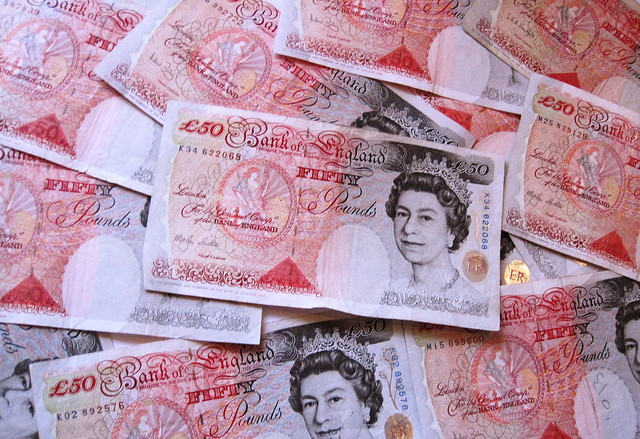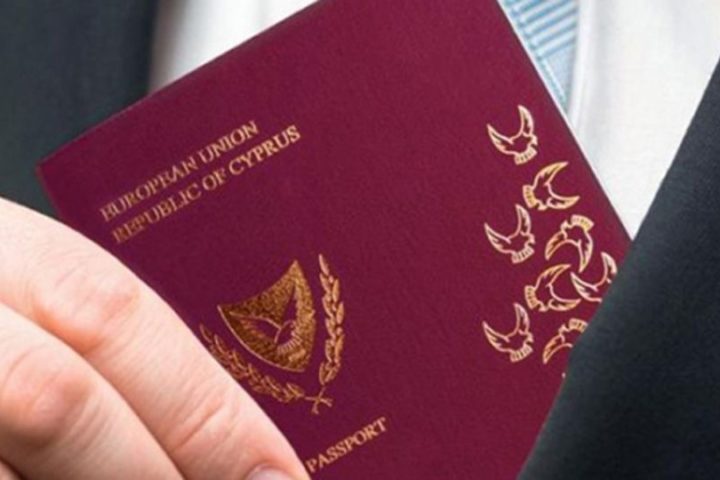UK expat retirees on the island have seen their purchasing power dwindle by hiking inflation and energy costs and the slump in the British pound eating away at their pension.
The pound fell further against the dollar on Friday as concern over the UK government’s tax-cutting fiscal plans continued to grip markets.
Sterling extended its losses during another torrid day for the currency, tumbling 1pc to trade at around $1.12.
The pound has been tumbling for almost a year now, going from £1.40 against the USD this time last year to $1.0327 on September 26 its lowest since Britain went decimal in 1971, as belief in the UK’s economic management and assets evaporated.
In comments to the Financial Mirror, Nick Cairns of wealth managers Blevins Franks in Cyprus, offering financial advice to expats, said they are particularly hesitant about investing.
“It is not so much that pension funds or other investments have been impacted.
“It mostly has to do with the fact that the slump of the pound has eaten away their purchasing power,” said Cairns.
He explained that when expat retirees receive their UK pensions, a chunk of its purchasing power has been already eaten up by hiking inflation and the pound’s decline.
“That’s the main problem, not the impact the pound’s fluctuations may have on investment tools.
“The performance of pension funds is affected more by the fractured markets than the currency’s fluctuation.
“Changing pounds to euros is no delight. Clients prefer to keep their funds in sterling when possible.”
Esme Palas, Barrister at Law, Partner at Michael Kyprianou and Co LLC Paphos, working with expat retirees eyeing to buy a property and move to the island, said the unstable pound had taken its toll on business.
She told the Financial Mirror that she had recently seen some cancellations from would-be UK expats who had second thoughts because of the pound’s drop in value.
“They are concerned, as many of these people rely on the sale of property they own back in the UK and their pension,” said Palas.
“They are worried over the volatile economic situation with the cost of living, while also the increase of interest rates makes potential clients rethink their decision.
“Indications are that this situation will not continue for much longer, and the pound will regain lost ground, rebooting client confidence”.
No collapse
In comments to the Financial Mirror, Ioannis Tirkides, Chief Economist at the Bank of Cyprus, said the crisis was prompted by political decisions taken by the UK government.
“We need to clarify we are not talking about a collapse but a small-scale financial turmoil.
“The pound dropped by less than 10%, and long yields rose by about half a percentage point.
“And all of that happened against a background of rising interest rates and a falling pound against the US dollar foremost,” Tirkides.
As he explained, the fundamental reason behind the recent drop was the new Chancellor Kwasi Kwarteng’s announcement of tax cuts of £45 bln for the rich as part of a mini-budget intended to boost economic growth.
The package of measures for the economy would require an additional borrowing of £72 bln in the current financial year on top of earlier borrowing.
“The new government of prime minister Liz Truss and her chancellor of the exchequer are not your typical populists.
“They are conservative purists, taking a page from Margaret Thatcher’s playbook, in what proved a controversial gambit,” said Tirkides.
He said Prime Minister Liz Truss had to suffer the humiliation of repealing a flagship policy in her first month in office.










